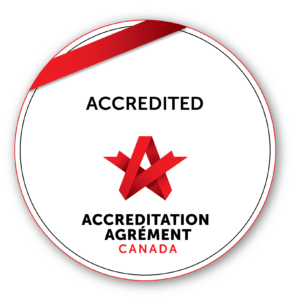lESSONS FROM 15 YEARS IN PARAMEDICINE
When at first I started in EMS 15 years ago, I’d heard a lot about the differences between the rural and metro working environments. I’d heard more about the bustle of the metro shifts and how much more interesting they were touted as being and how much more fun that working like that would probably be.
The only issue for me, and this is just my subjective individual view, was that I continued to hear mainly about speedy calls, rapid fire patient care delivery and lights and sirens.
For me, I felt that it sounded like I’d be much more fulfilled as a paramedic in a rural environment where many of the most impactful and important elements of our craft are put into play and we as practitioners are given more time to hone and master them.
Things very often overlooked.
These things are patient advocacy, fluid proficiency in the use of skills and protocols, friendly and cooperative interaction with those that we work with and around in fire departments, hospitals, police services and perhaps one of the most important of all, improving the perspective on EMS with the folks in our communities through positive interaction and by helping them to understand just what it is we can do for them.
Many people call us “ambulance drivers” simply because that’s the only thing the TV shows have taught them to call us, even if they KNOW that we do so much more. There is, however, still a massive public lean to not really knowing how much we actually do.
I figured that in my long standing desire to perfect skills, practice patient advocacy and bolster these relationships with the public, rural EMS was

going to be the place where I’d have the time to do it. I wasn’t incorrect about that and as a result, I’ve discovered countless additional angles and elements about EMS that any environment other than rural would likely not have afforded me. In short, it’s been way more fun and has also led me to continue to be excited about EMS and to push forward in a career that I wasn’t certain how long I’d last in. Even to the point of embracing ACP training and taking on more responsibility.
I knew then that Associated Ambulance was the place I’d want to be in order to really get a good grip on skills and to be exposed to what have become my personal favourite experiences in EMS. Alberta’s scope of practice is also one of the broadest worldwide and is well respected. I’m licensed in other provinces as well but I remain focused on Alberta because as I see the scope broaden still further and see Associated Ambulance reach out further in its coverage area. I want to continue to grow with it and to encourage new practitioners who enjoy both metro and rural work opportunities, but who tend to feel more at home with the challenges and the depth of job satisfaction that rural has on offer.
Thank you Associated for providing this to me and for 12 years of terrific learning and unforgettable experiences I’ve gathered within the spectrum of the most acute calls through to even the (seemingly) smallest. I’m constantly surprised by where I find the most satisfying calls and some of my most meaningful days in my career.
"hELP US HELP YOU"
This year, it’s the 50th anniversary of Paramedic Services Week, and the theme is “Help Us Help You”.
Too often, the public is unaware of the crucial role paramedics play in our communities – that is – until they find themselves in need of urgent assistance.
Based on certification, administration of care varies, but all paramedics are trained to provide basic life support and to assess patients to provide clear handoff once arrive to nurses and doctors at the hospital. Paramedics like Max undergo rigorous training to provide life support procedures at the scene. These skills are crucial in ensuring that patients receive the highest level of care possible, especially in critical situations where every second counts.
Paramedics are not just responders; they are highly skilled medical professionals who make split-second decisions, often in challenging and unpredictable environments.
This week we show our gratitude for the hard work and dedication of those in paramedicine


